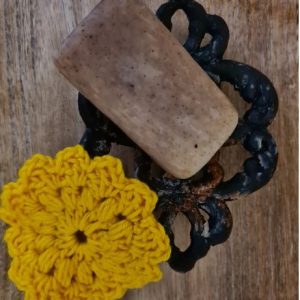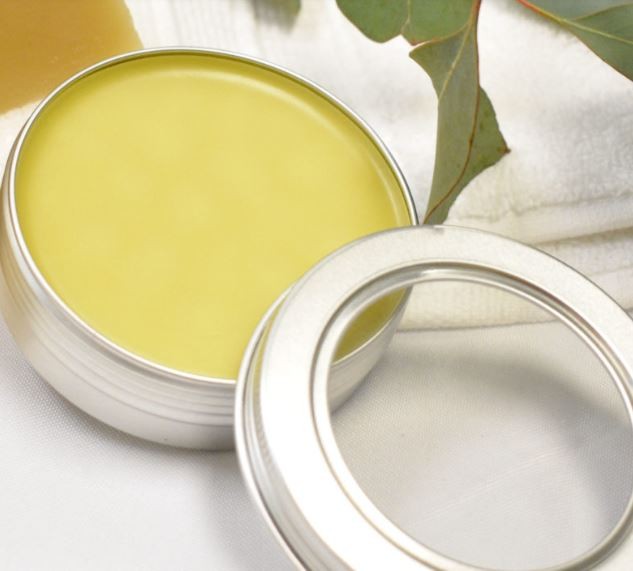Beeswax Pellets 1 KG – Pure and Natural
Out of stock
₨ 2,030.00
Beeswax pellets – These pure and natural beeswax pellets can be used in skincare products, polishes etc.
Out of stock
Most African honey varietals are organic by default. African beekeeping is often practiced in remote areas where the bees are surrounded by native vegetation, free of GMOs, pesticides, pollution, cities, and busy roads—some of the basic requirements for organic beekeeping. The hives are made exclusively from natural occurring materials, such as wood, and no chemical glues/residues and plastics are used in and around the hives. Artificial feeding is not only unnecessary but represents an additional cost that no African beekeeper can afford to entertain. In a nutshell, our African honey varietals are as natural as they get.
Organic Certification
There is a distinction between a honey that is organic and one that is certified organic.
Organic certification is a certification process for producers of organic food and agricultural products. It requires being certified by an accredited certification body. In beekeeping, organic certification is a voluntary process to attest that a beekeeper/group of beekeepers is adhering to the established standards for organic certified honey.
Most African honey varietals are organic, and yet are not certified organic. The organic certification process can be a complex and a costly endeavor for the average African beekeeper. It is a multistep process starting with an application, followed by an on-site inspection to ensure that apiaries are properly situated and managed, and harvest well-handled. The process ends with a review, after which a decision is made.
You must be logged in to post a review.
General Inquiries
There are no inquiries yet.










Reviews
There are no reviews yet.